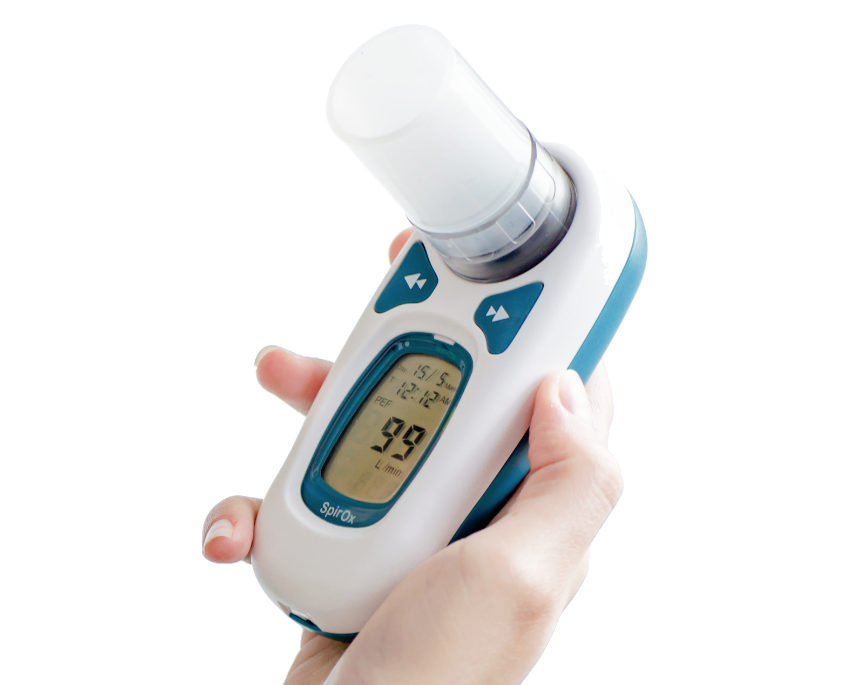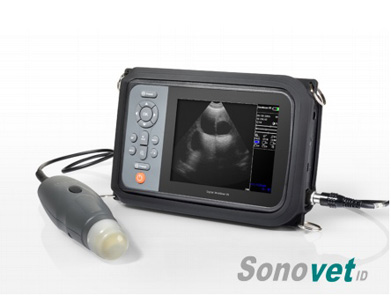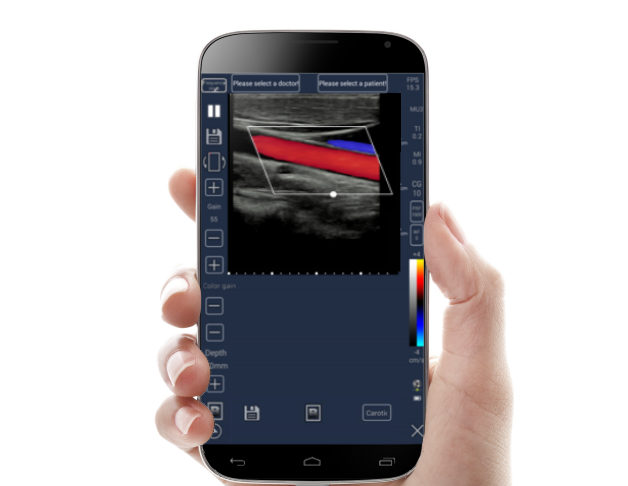A stress test can determine if you have heart disease. A doctor or trained technician performs the test. He’ll learn how much your heart can manage before an abnormal rhythm starts or blood flow to your heart muscle drops.
There are different types of these. The exercise stress test -- also known as an exercise electrocardiogram, treadmill test, graded exercise test, or stress EKG -- is used most often. It lets your doctor know how your heart responds to being pushed. You’ll walk on a treadmill or pedal a stationary bike. It’ll get more difficult as you go. Your electrocardiogram, heart rate, and blood pressure will be tracked throughout.
Why Do I Need It?
Your doctor uses the test to:
-
Help to assess symptoms, such as chest pain, shortness of breath or palpitations, to determine whether they are coming from the heart
-
See if enough blood flows to your heart as you get more active
-
Learn how your heart medications are working
-
Find out if it's likely that you have coronary heart disease and need more testing
-
Identify abnormal heart rhythms
-
See how well your heart valves are working
-
Help you develop a safe exercise program
How Should I Prepare for the Exercise Stress Test?
Don’t eat or drink anything except water for 4 hours before the test.
Don’t drink or eat anything with caffeine for 12 hours before the test.
Don’t take the following heart medications on the day of your test, unless your doctor tells you otherwise or the medication is needed to treat chest discomfort the day of the test:
Isosorbide dinitrate (for example, Isordil, Dilatrate SR)
Isosorbide mononitrate (for example, ISMO, Imdur, Monoket)
Nitroglycerin (for example, Deponit, Nitrostat, Nitro-Bid)
If you use an inhaler for your breathing, bring it to the test.
You may also be asked to stop taking other heart drugs on the day of your test. If you have questions about your meds, ask your doctor. Don’t discontinue any drug without checking with him first.
What Happens During the Exercise Stress Test?
First, a technician will gently clean 10 small areas on your chest and place small, flat, sticky patches called electrodes on them. They’ll be attached to an electrocardiogram monitor -- called an EKG -- that charts your heart's electrical activity during the test.
Before you start exercising, the technician will perform an EKG to measure your heart rate at rest. He’ll also take your blood pressure.
You will begin to exercise by walking on a treadmill or pedaling a stationary bicycle. The rate of exercise or degree of difficulty will gradually increase. You will be asked to exercise until you feel exhausted. If medication is used, or it is a nuclear stress test, an IV will be inserted in your arm in order to have the medication administered.
At regular intervals, the lab personnel will ask how you are feeling. Tell them if you feel:
-
Chest or arm discomfort
-
Short of breath
-
Dizzy
-
Lightheaded
-
Any other unusual symptoms
It’s normal for your heart rate, blood pressure, breathing rate, and perspiration to increase during the test. The lab personnel will watch for anything on the EKG monitor that suggests the test should be stopped.
After the test, you’ll walk or pedal slowly for a couple of minutes to cool down. Your heart rate, blood pressure, and EKG will continue to be monitored until the levels begin returning to normal.
Although the appointment lasts about 60 minutes, the exercise time is usually between 7 and 12 minutes.
Ask your doctor if you have any questions about the exercise stress test.
What Are the Other Types of Stress Tests?
Dobutamine or adenosine stress test: This is for people unable to exercise. You’ll take a drug to make the heart respond as if you were exercising. This way, the doctor can still determine if there are blockages in the arteries.
Stress echocardiogram : An echocardiogram (often called "echo") is a graphic outline of the heart's movement. A stress echo can accurately visualize the motion of the heart's walls and pumping action when the heart is stressed; it may reveal a lack of blood flow that isn't always apparent on other heart tests.
Nuclear stress test: This helps figure out which parts of the heart are not working well. A small amount of radioactive substance will be injected into you. Your doctor will use a special camera to see rays emitted from the substance in your body. This will give him clear pictures of the heart tissue on a monitor. These pictures are done at rest and after exercise. Your doctor will be able to spot areas of your heart that aren’t getting enough blood. The test could last to up to 4 hours to allow enough time for the radioactive substance to flow through your body.
How you’ll prepare for these stress tests will vary. Ask your doctor about any specific instructions.
What If I Have Diabetes?
If you take insulin to control your blood sugar , ask your doctor how much you should take the day of the test. Often, you’ll take only half of your usual morning dose and eat a light meal 4 hours before.
If you take pills to control your blood sugar, don’t take your medication until after the test is over.
Don’t take your diabetes medication and skip a meal before the test.
If you have a glucose monitor, bring it with you. You’ll want to check your blood sugar levels before and after your exercise stress test. If you think that your blood sugar is low, tell the lab personnel right away.
Plan to eat and take your blood sugar medication after your stress test.
What Should I Wear the Day of the Stress Test?
Wear soft-soled shoes suitable for walking and comfortable clothes. Don’t bring valuables.
















